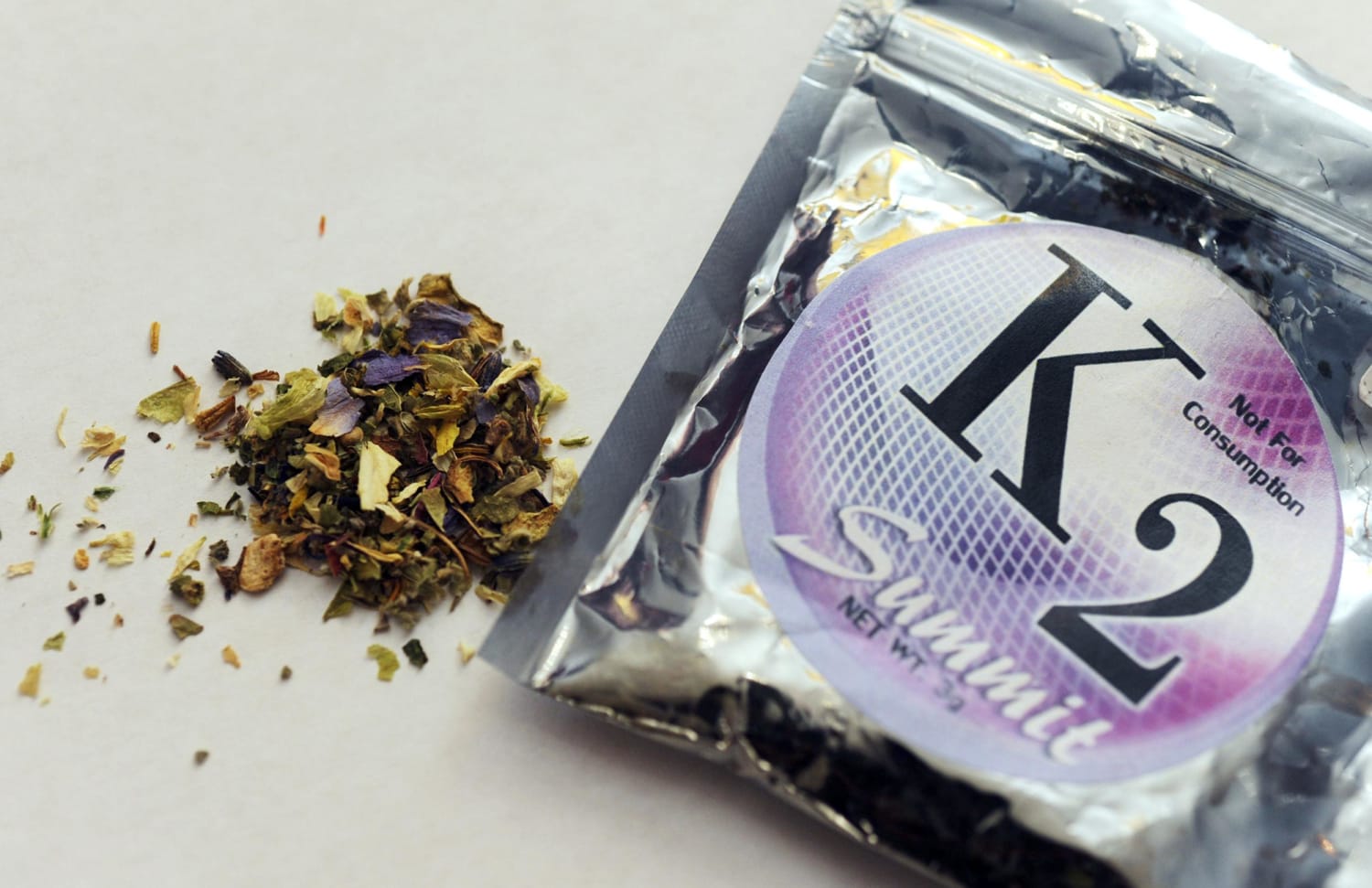Exploring the Promising Applications and Positive Influences of Flavor as an Artificial Cannabinoid
In recent times, the expedition of synthetic cannabinoids, specifically Spice, has sparked fascinating conversations within the medical and scientific communities. The prospective applications and influences of Spice in various restorative settings have drawn interest for their one-of-a-kind homes and results on the human body. As study dives deeper right into this artificial compound, revealing its resemblances and disparities with natural cannabinoids, a nuanced understanding of its advantages and challenges arises. This conversation intends to drop light on the encouraging methods that Seasoning presents in the world of healthcare and wellness, prompting a reevaluation of conventional strategies to cannabinoid-based treatments.
Healing Possible of Flavor
Exploring the healing capacity of Seasoning, a synthetic cannabinoid, entails a crucial evaluation of its pharmacological buildings and prospective medical applications. Seasoning, also called artificial cannabis, interacts with the endocannabinoid system in a way similar to all-natural cannabinoids, such as those located in cannabis. This interaction results in different physiological results that have triggered rate of interest in its restorative opportunities.
Researches have actually suggested that Flavor may have potential as an analgesic, helping to ease pain in conditions such as neuropathic discomfort or persistent inflammatory pain - Buy K2 Paper For Sale. Furthermore, its interaction with cannabinoid receptors presents a possibility for exploring its usage in managing signs of conditions like multiple sclerosis or chemotherapy-induced nausea or vomiting and vomiting

Pain Monitoring Advantages
Spice, a synthetic cannabinoid, shows appealing potential in discomfort management as a result of its analgesic homes and interactions with the endocannabinoid system. The analgesic properties of Spice stem from its capability to regulate pain perception pathways, supplying remedy for numerous kinds of discomfort, including neuropathic, inflammatory, and nociceptive pain. By targeting the endocannabinoid system, Spice can control discomfort signals, minimize swelling, and reduce pain associated with persistent pain problems.
Researches have actually revealed that Spice can properly decrease pain intensity and enhance pain tolerance in preclinical designs of discomfort. This artificial cannabinoid has shown efficacy in taking care of discomfort signs without triggering considerable unfavorable impacts commonly connected with traditional pain medications. In addition, Seasoning shows possible in decreasing opioid dependence and misuse, using a much safer choice for discomfort monitoring.
Neuroprotective Qualities
Synthetic cannabinoids like Seasoning have been significantly acknowledged for their potential neuroprotective properties in reducing neuronal damage and advertising brain health. Studies suggest that these substances may supply neuroprotection through different devices, including antioxidant effects, anti-inflammatory residential or commercial properties, and modulation read more of natural chemical release. By interacting with the endocannabinoid system in the mind, synthetic cannabinoids can manage neuronal task and possibly decrease the influence of neurodegenerative diseases or injuries.
One key facet of the neuroprotective residential properties of Spice is its capability to modulate excitotoxicity, a procedure wherein too much stimulation of neurons brings about cell damages or fatality. By managing neurotransmitter release and dampening excitotoxic signaling paths, artificial cannabinoids might help protect nerve cells from harmful overstimulation. Furthermore, the anti-inflammatory effects of Flavor could reduce neuroinflammation, which is typically linked in various neurological disorders.
Relative Analysis With Natural Cannabinoids
In contrasting the neuroprotective residential or commercial properties of artificial cannabinoids like Seasoning with those of natural cannabinoids, a nuanced assessment of their corresponding effects on neuronal wellness is important. All-natural cannabinoids, such as those found in the cannabis plant, have actually been extensively studied for their neuroprotective effects. These compounds communicate with the endocannabinoid system in the body, which plays an essential function in keeping neuronal function and securing against neurodegenerative illness.

Regulatory and Honest Factors To Consider
Taking into consideration the possible implications on human wellness and well-being, an evaluation of governing and ethical factors to consider bordering making use of synthetic cannabinoids compared to all-natural cannabinoids read this article is critical. Artificial cannabinoids, like Spice, present distinct obstacles as a result of their commonly unidentified chemical structures and effectiveness variations. Regulative bodies deal with the daunting task of staying on top of the fast introduction of new artificial cannabinoid compounds, which can make it challenging to impose consistent and efficient regulations.

To address these governing and honest challenges, policymakers have to prioritize study into the long-term impacts of artificial cannabinoids and develop clear guidelines for their manufacturing, sale, and usage. Education and learning projects are important to educate the public regarding the threats linked with artificial cannabinoids and advertise accountable usage methods. By taking proactive steps, society can better guard versus the potential damages positioned by artificial cannabinoids while promoting ethical criteria and safeguarding public wellness.
Verdict
In final thought, the examination into the restorative possibility of spice as an artificial cannabinoid has shown appealing outcomes in discomfort management and neuroprotection. On the whole, the positive impacts of seasoning as an artificial cannabinoid warrant further research study and exploration in the medical field.